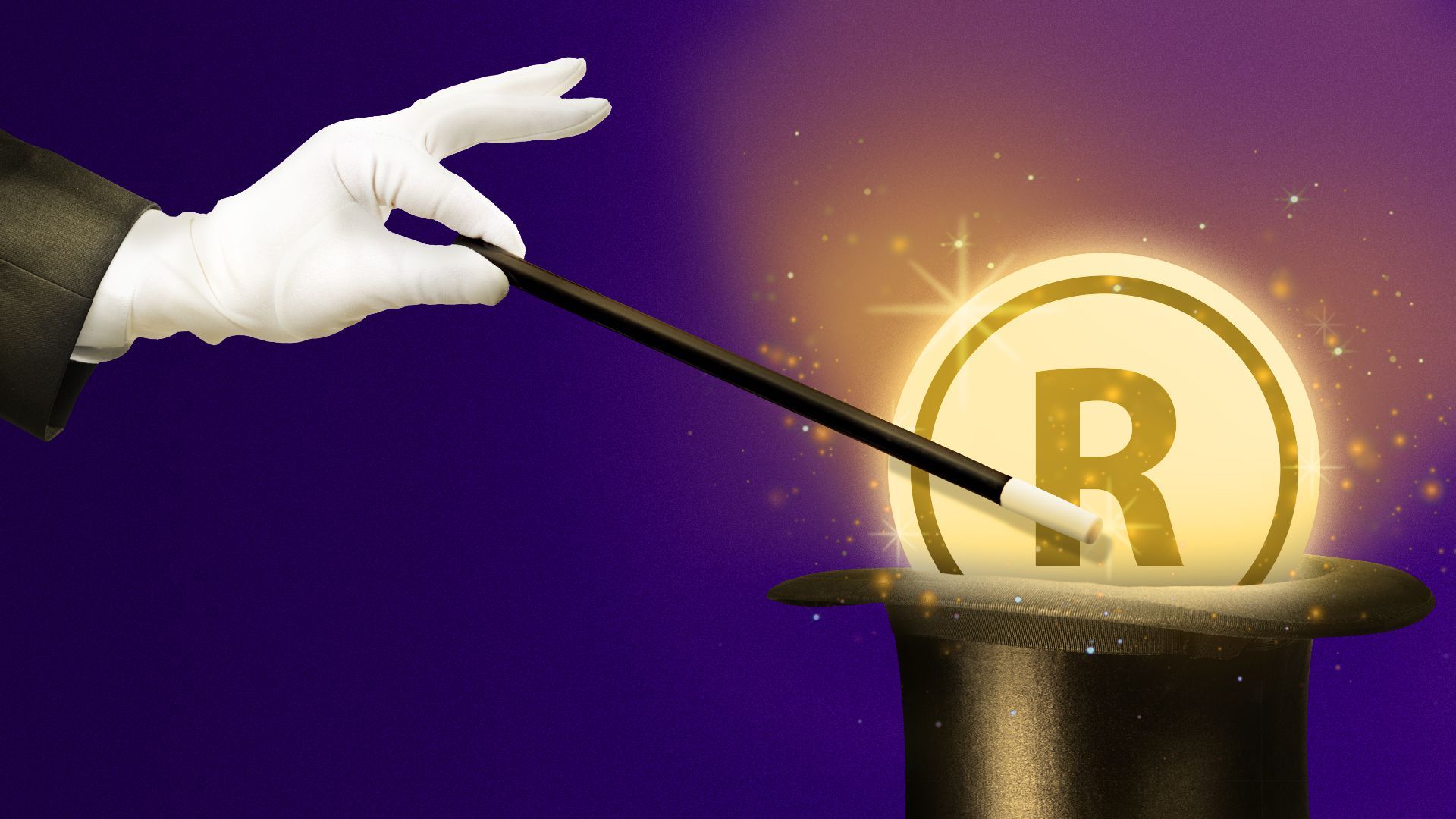The rise of corporate rebranding
Add Axios as your preferred source to
see more of our stories on Google.

Illustration: Shoshana Gordon/Axios
Moments of disruption are an opportune time for companies to rethink their brand and positioning. Due to transformative shifts caused by the COVID-19 pandemic, more than half of U.S. businesses have attempted to reposition themselves within the last three years, according to an UpCity report.
Why it matters: Consumers, employees and shareholders increasingly want to know what a company stands for and expect corporate values, messaging and branding to align.
State of play: Rebrands typically happen in response to innovation, operational shifts, changing consumer needs or following a major crisis.
- Amid the rollout of the COVID-19 vaccine, Pfizer launched its first rebrand in 70 years and replaced the blue pill-shaped logo with a helix to emphasize the company's focus on breakthrough science.
- New Belgium doubled down on its commitment to sustainability by rebranding its beloved Fat Tire ale with the slogan "High quality, low impact" and refreshing the logo to match its climate-conscious messaging.
- Ariel Investments, the oldest Black-owned mutual fund company, got its first major facelift since being founded 40 years ago. While Ariel kept Aesop’s tortoise as its mascot, the firm introduced the tagline, "Active Patience," to convey its measured approach to investing.
- And the nearly 150-year-old Prudential Financial recently rolled out a brand campaign, "Now What?", to acknowledge the current economic uncertainty and inspire proactive financial planning.
Zoom in: The most popular brand positioning of the moment appears to be generative AI, and PR pros are scrambling to take advantage of the hot news cycle.
- In June, generative AI was covered in only 152 articles. Just six months later, the topic has generated roughly 12,000 news stories, according to MuckRack data shared with Axios.
- Within the last year, reporters were three times more likely to respond to pitches that included the term generative AI, per insights from Propel.
- Cision found that the use of the term "generative AI" in press releases has increased by 1,350% since last year.
- And at this year's CES trade show, 579 exhibitors were listed under the show’s “Artificial Intelligence” category — more than double of those categorized as “Metaverse” (176), “Cryptocurrency” (19), and “Blockchain” (55) combined, Axios' Peter Allen Clark reports.
What they're saying: Brand messaging is a valuable tool to signal a major business shift, but it can't be fleeting.
- "You might incorporate some new elements that center around the latest trend, but a brand's purpose and identity should remain at such a level that they'll endure through several trends as they come and go," says Shelby Hawker, brand strategist and senior partner at Lippincott.
Yes, but: For a brand refresh to be successful, it has to penetrate the surface and there must be corporate action behind it.
- We're seeing this play out in real time as BP tries to reposition itself as an energy company that goes "beyond petroleum."
Between the lines: To remain competitive and keep up with the pace of business transformation, brands typically need a refresh in voice or appearance every five to 10 years, advise Lippincott brand strategists.
- "Companies often need a visible marker of change. Sometimes that can mean repositioning themselves or launching a bold new look that's a major departure from where they've been, but signals where they want to go," says Hawker.
Zoom out: Most brand strategy is now taking place on social. Platforms like TikTok have provided more creative runway, and Duolingo, Dunkin' and Taco Bell have seized the opportunity.
- Plus, strong brand loyalty and buzz across social can create a halo effect around the employee experience.
The bottom line: Strategically launching a smart, substantive rebrand campaign can set a company apart, help it evolve with the times and re-up brand loyalty.
